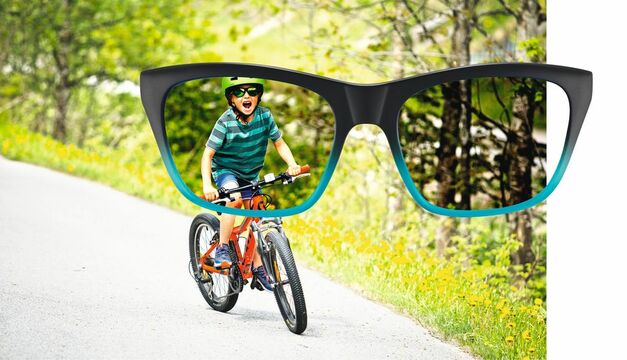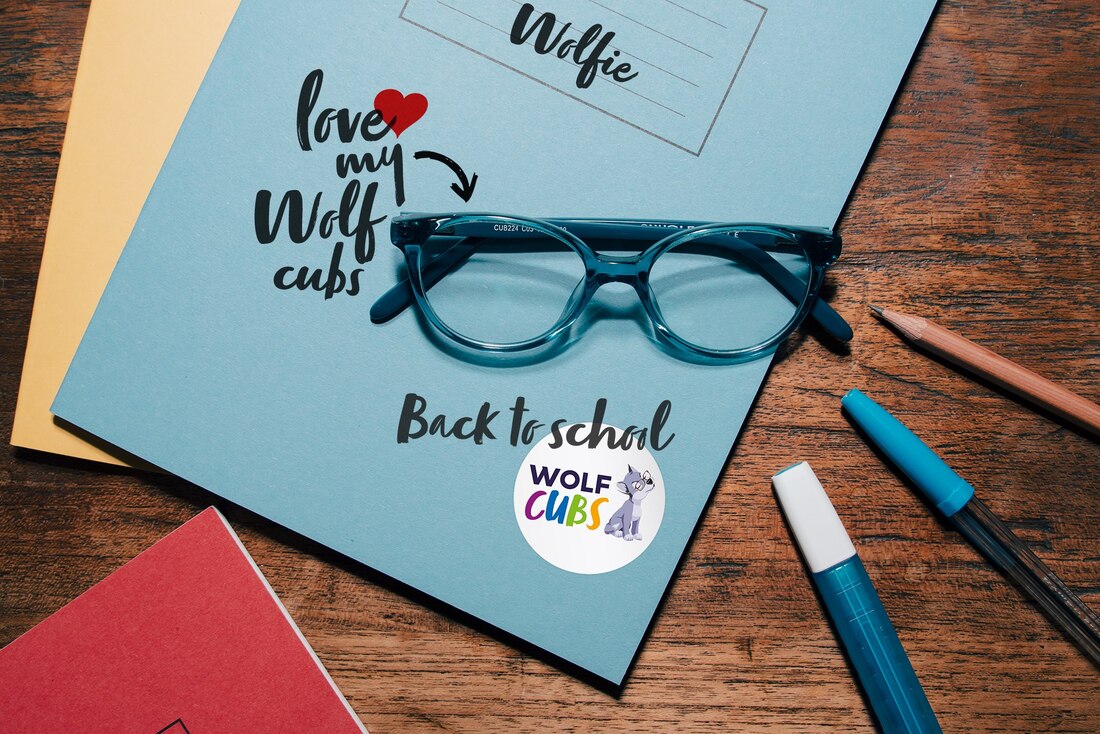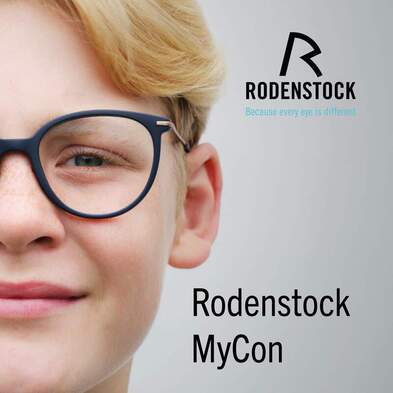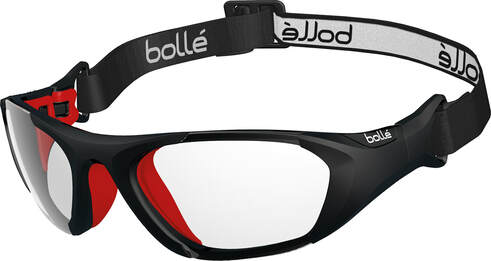Did you know that up to 1 million children in the UK currently have an undetected vision problem?
Poor eyesight can have a significant effect on children’s ability to learn and on their behaviour – yet often goes unrecognised by teachers, parents and by children themselves. Children may not be aware or may not be able to explain their vision difficulties and - as a parent - you may not notice any problems. The sooner that vision problems are detected - the better the outcome. Many childhood eye conditions, such as lazy eye and squint, can be treated if they are picked up early - as the eye and visual system are actively developing during the school years. If vision problems are identified and treated, it can make a difference that lasts a lifetime.
|
All babies should have their eyes checked at birth and then at about six weeks of age by a GP or health visitor. Young children with suspected vision problems will be referred to an orthoptist, who is part of the eye care team and generally work alongside with ophthalmologists and optometrists. Orthoptists work in local health clinics or hospital eye clinics.
Once your child's vision has been checked it is important to continue with regular sight tests. Your child should have a check-up at least every two years as problems can occur at any age and even if none of the symptoms described below are displayed, there could still be an underlying eye condition. Children rarely complain about their sight, but often show in their behaviour that there may be a problem with their vision. This can include sitting too close to the TV, rubbing their eyes a lot, holding objects very close to the face, blinking a lot or one eye turning either in or out. If you think your child is experiencing any sort of sight problems, make an appointment for a check-up as soon as possible. |
Many parents assume that their child will have their vision checked at school, regardless of whether this actually happens or not. Vision screening provision is patchy – many areas do not provide it. Even where vision screening is provided in school, there are many conditions which, although they may cause significant problems to a child and their ability to learn, will not be picked up at a screening. Vision screening is only designed to pick up amblyopia (poor sight in one eye) – it doesn’t assess if the eyes are healthy, if glasses are needed, or if there are any colour vision defects – our optometrists can do all of this and much more.
A sight test is free – why not have one?
Including a sight test in your back to school routine is a great way to ensure that your child's vision is not forgotten about. Sight tests are free for all children under the age of 16. Help towards the cost of glasses is also available on the NHS for all children.
Children do not have to be able to read to have their eyes examined. It is possible to see whether a child has a squint, or needs glasses, without asking them any questions, using age appropriate tests and equipment. Eye examinations do not hurt, however it might be necessary to put drops into your child’s eyes so that they can be tested to see if they need glasses and the backs of the eyes are healthy. If this is the case for your child, it will be discussed with you in advance. Many concerns can be resolved completely by our optometrists without the need to refer your child to a specialist.
Children do not have to be able to read to have their eyes examined. It is possible to see whether a child has a squint, or needs glasses, without asking them any questions, using age appropriate tests and equipment. Eye examinations do not hurt, however it might be necessary to put drops into your child’s eyes so that they can be tested to see if they need glasses and the backs of the eyes are healthy. If this is the case for your child, it will be discussed with you in advance. Many concerns can be resolved completely by our optometrists without the need to refer your child to a specialist.
Myopia is a global concern.
|
Whether it's tablets, computers or homework, today's kids focus more on things right in front of them rather than spending time outdoors. This behavior is leading to more and more children developing myopia. Hereditary, behavioural and environmental factors also play a part.
Being able to have your child’s myopia diagnosed early not only corrects their vision now, but can help slow the progression of myopia and preserve their vision and eye health for the future.
|
Protect your child's eyes from the sun!

There is evidence that too much exposure to the sun's ultraviolet (UV) rays can contribute to the development of cataracts and age-related macular degeneration. Because children tend to spend a lot of time outdoors, it's important to protect your child's eyes in the sun. Make sure that sunglasses have 100% UV protection and carry the British Standard (BS EN 1836:2005) or CE mark. You can also protect your child's eyes by making sure they wear a hat with a brim or sun visor in bright sunlight.
However, scientific studies have shown that children who spend time outdoors are less likely to be short-sighted, and some eye problems are linked to unhealthy lifestyles. So don't stop your child exercising outdoors - just make sure their eyes are properly protected.
However, scientific studies have shown that children who spend time outdoors are less likely to be short-sighted, and some eye problems are linked to unhealthy lifestyles. So don't stop your child exercising outdoors - just make sure their eyes are properly protected.
Sports protection for kids!
|
In recent years, there has been a significant increase in the number of children participating in organized sports. These younger athletes are taking to the fields, gymnasiums and rinks with an impressive selection of sophisticated safety gear for their heads, legs and arms. Still, there are far too many eye injuries attributable to failure to wear protective prescription eyewear or - worse - no protective eyewear at all.
To correct this issue, Bollé produce a comprehensive collection of protective eyewear products, combining the highest technical features in accordance with the most stringent impact resistance standards in the world. Click to find out more! |


